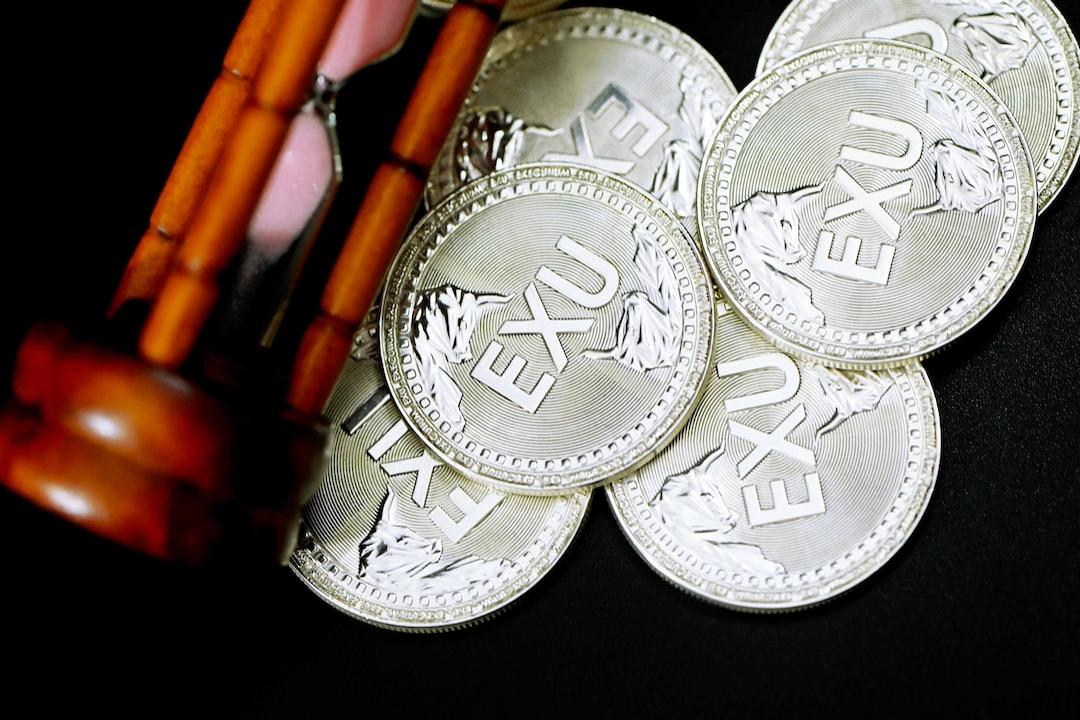The Arkansas State House has approved two bills that may impose limitations on cryptocurrency mining within the state. While these bills have not yet become official laws, they serve as a foundation for further discussions that could lead to potential legislation.
During a Senate hearing on April 17th, lawmakers aimed to address various concerns regarding cryptocurrency mining, including noise reduction, foreign ownership, and the proximity of mining operations to residential areas.
Out of the eight bills presented to the House, two were passed, even though the Senate had only approved one bill the previous week that focused on cryptocurrencies. There is ongoing debate about whether Act 851 should be amended and the level of detail these amendments should include. The committees will thoroughly discuss the matter before potentially enacting a law in either the current fiscal session or the next one.
According to the bill, the Arkansas Data Centers Act of 2023 aims to regulate the Bitcoin mining industry in the state, providing guidelines for miners and safeguarding them against discriminatory regulations and taxes.
Bitcoin mining, known for its prolonged and energy-intensive process, has faced criticism for the amount of waste it generates. Investopedia reports that Bitcoin mining produces more than 77 kilotons of electrical waste each year.
Crypto mining also poses legal challenges globally. Lawmakers in Paraguay have proposed a bill to temporarily ban crypto mining and related activities in the country, citing the theft of power and disruptions to the electricity supply caused by illegal crypto mines. The proposed legislation seeks to prohibit the establishment of mining facilities and activities involving the creation, storage, preservation, and trade of cryptocurrencies.
However, progress on the mining ban in Paraguay has been halted by senators, and officials are now considering the possibility of selling excess energy from the Itaipu hydropower plant to miners.
Miners are currently facing pressure with the upcoming Bitcoin halving. Markus Thielen, the head of research at 10x Research, suggests that miners may sell off $5 billion worth of Bitcoin in the months following the halving. He predicts that this selling pressure may last for four to six months, resulting in Bitcoin potentially trading sideways, as observed in previous halvings. Thielen also warns that the crypto markets could face a significant challenge during a six-month “summer” lull.
In related news, the magazine “Wolf Of All Streets” expresses concerns about a world where Bitcoin reaches $1 million, highlighting the potential consequences and risks associated with such a scenario.

